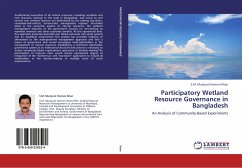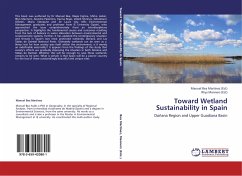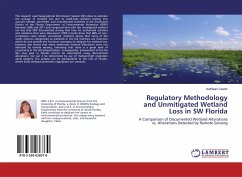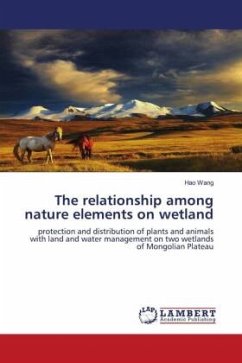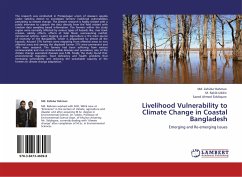Jurisdictional ownership of all natural resources, including wetlands and river channels, belongs to the state in Bangladesh, and access to and control over wetland resource are determined by the existing top-down, command-and-control, bureaucratic management regimes. Grounded solely in the economic aspects of natural resources, the wetland management objective of the government focuses on rent-seeking to maximize revenues and other economic benefits. At the operational level, this approach presumes bounded and closed economic and social systems and an equilibrial environment. This analysis has provided evidence of alternatives to the state-governed management approach and find a means of governance that would encompass multi-stakeholders in the management of natural resources. Establishing a multi-level stakeholder governance system as an institutional structure and process is necessary to sustain community-based organizations operations in decision-making.The participation of resource users would require appropriate degree of integration of the bottom-up and top-down approaches to include all stakeholders in the decision-making at multiple levels of social organizations.

